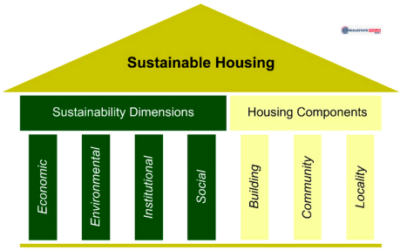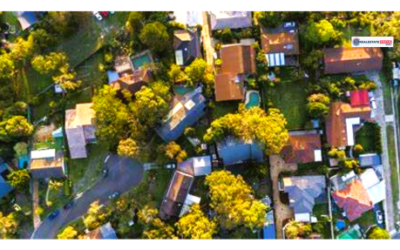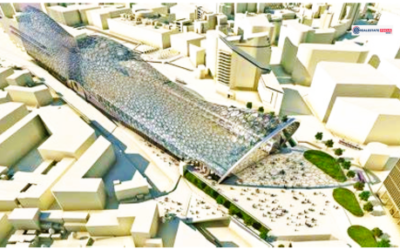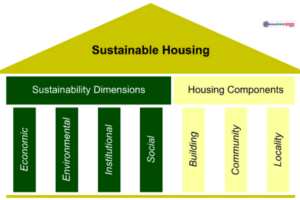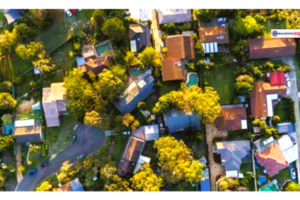
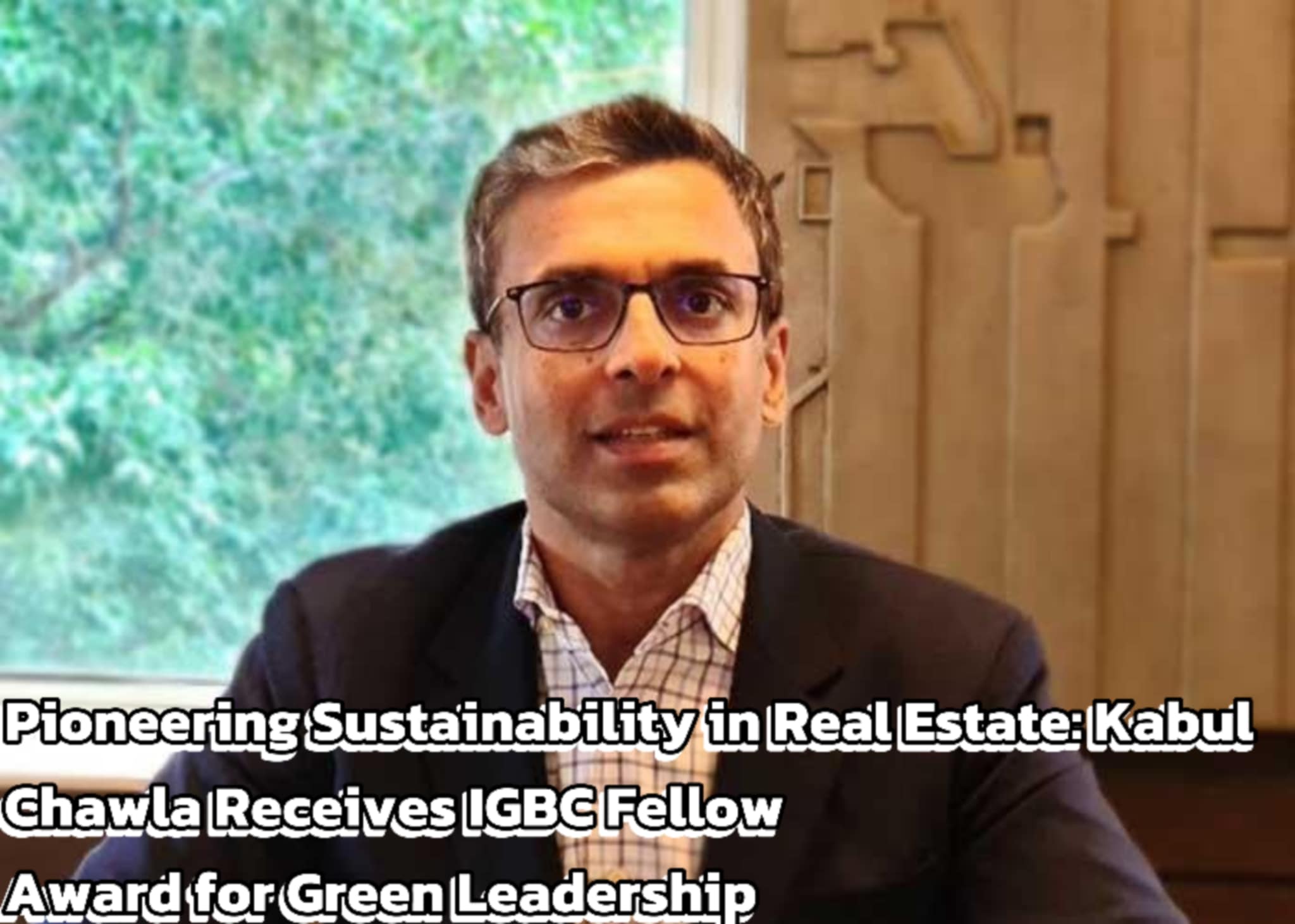
Pioneering Sustainability in Real Estate: Kabul Chawla Receives IGBC Fellow Award for Green Leadership
As environmental concerns escalate and regulatory pressures tighten, India’s real estate sector is undergoing a transformative shift towards sustainability. Amid this growing awareness, developers are increasingly turning to green building norms and energy-efficient technologies, driven not just by regulatory mandates, but also by the demands of a more eco-conscious consumer base. This pivot towards sustainability has become a defining characteristic of both commercial and residential real estate in urban centres across the country.
At the forefront of this change is Kabul Chawla, Chairman and Managing Director of BPTP Ltd., who has been recognized for his visionary leadership in integrating green design principles into urban development. Chawla was recently conferred with the prestigious IGBC Fellow Award by the Indian Green Building Council (IGBC) a recognition given to individuals who have made outstanding contributions to the promotion of sustainability in the real estate sector. The award was presented at BPTP’s flagship Capital City project in Noida, which boasts an IGBC Platinum rating, one of the highest accolades in green building certification.
This recognition underscores the remarkable strides BPTP has made under Chawla’s leadership in adopting sustainable construction practices. From integrated water management systems and renewable energy integration to eco-conscious architectural design, BPTP’s projects across the Delhi-NCR region have become examples of responsible urban development. Chawla’s approach has not only prioritized environmental stewardship but has also focused on creating high-quality living and working spaces that cater to the needs of the modern, sustainability-aware consumer.
As India continues its rapid urbanization, green building certifications like IGBC and LEED are becoming more than just symbols of prestige; they are now seen as strategic investments in the future. With over 10 billion square feet of registered green building space in India, the country ranks among the top three globally in terms of green projects. This reflects a growing commitment to eco-friendly development practices, fueled by both regulatory nudges and a rising demand from tenants and homebuyers for sustainable living and working spaces.
Chawla’s contribution to this movement is particularly noteworthy as it coincides with a period when sustainability in real estate is no longer a fringe consideration but a central tenet of the industry. “The future of real estate in India will be green, or it won’t be at all,” remarked a senior official at a Delhi-based infrastructure consultancy, highlighting the shift from sustainability being a compliance measure to being a strategic priority discussed at the boardroom level.
However, the journey toward widespread adoption of sustainable practices is not without its challenges. High upfront costs, limited awareness among smaller developers, and the need for better enforcement mechanisms remain barriers to more widespread green building adoption. Yet, the growing visibility of climate risks and the increasing focus on Environmental, Social, and Governance (ESG) metrics by institutional investors signal that the sector is at a critical tipping point.
The growing importance of sustainable real estate development is not just an environmental concern; it also has significant implications for public health, economic efficiency, and resilience in the face of climate shocks. As more developers, governments, and consumers embrace green solutions, India’s real estate landscape is poised for a transformation that aligns urban growth with the imperatives of climate action.
Chawla’s IGBC Fellow Award is a testament to his relentless commitment to building a greener, more sustainable future for India’s urban centres. His leadership exemplifies how the real estate sector, when driven by a genuine commitment to sustainability, can play a pivotal role in shaping a more resilient and environmentally responsible urban future.
In the end, as sustainability becomes embedded in the very fabric of India’s real estate development, it will not only help meet environmental goals but will also set the stage for a new era of urban living, one that is as responsible as it is progressive.





